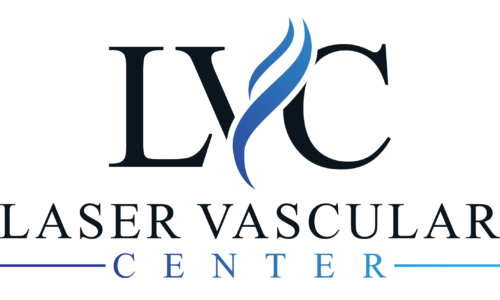Vascular surgeons, often called vascular interventionists, are specialists that get thorough training in the diagnosis, treatment, and management of conditions influencing the vascular system. Cardiovascular specialists care for the heart and its vessels; however, you may be amazed to discover the number of conditions vascular doctors are able to treat. The following are only a few of the many reasons to see a vascular surgeon.

Arterial Disease: One of the most well-known reasons to see a vascular specialist is for treating artery malfunctions and disorders. The arteries are in charge of carrying oxygen-rich blood from the heart to the rest of the body. While cardiovascular specialists emphasize treatment for ailments of the vessels inside the heart, vascular experts can treat blood vessel issues in the rest of the body. Vascular specialists may likewise spend significant time in treating Renal Artery Stenosis, which is brought about by a blockage in the renal vein (the artery that supplies blood to the kidney). This can cause high blood pressure, and when left unaddressed, can cause perpetual damage to the kidneys. Fortunately, vascular specialists can treat this and other arterial disorders such as, Peripheral Arterial Disease or Deep Vein Thrombosis, with drugs and angioplasty.
Other treatment options are available as well! Visit our website for more information on the minimally invasive procedures we offer for arterial issues at Laser Vascular Center.
Uterine Fibroids: One of the numerous reasons to see a vascular specialist is uterine fibroids. Uterine fibroids, also called myomas, are benign (non-cancerous) growths in or on the walls of the uterus or womb. In some cases, women will show zero symptoms that specify fibroids’ occurrence and are only diagnosed through a routine pelvic examination. At times, they are innocuous and can be disregarded, particularly if they are small. However, occasionally fibroids grow in diameter or cause issues within the genital system. In cases where fibroids are triggering problems, they may be treated by a doctor. Vascular specialists who spend significant time in interventional radiology can do a procedure called Uterine Fibroid Embolization (UFE) to cure fibroids. Utilizing a catheter embedded through the wrist or thigh, the specialist injects small beads into the veins that feed the fibroids. The beads then block blood circulation to the fibroids, making them shrivel.
Pelvic Congestion Syndrome: Pelvic Congestion Syndrome (PCS) is an intravenous condition that causes pelvic torment in females. Swollen veins bring about this condition in the pelvis pressing the ovaries, rectum, and bladder. PCS is influenced by progestin of those changes during the menstrual cycle, so symptoms might be more awful during a woman’s period. A vascular expert can treat PCS with an embolization system. Embolization is a non-invasive procedure that utilizes intermediary radiology (IR) to eradicate the blood circulation to the unusual veins, making them close or breakdown. This can give a genuinely necessary alleviation from tender symptoms.
Venous Disease: Vascular specialists get intensive training for curing venous sickness as well as blood vessel illness. While the arteries bring oxygenated blood from the heart, veins take oxygen-poor blood back to the heart. Blood vessels comprise valves that keep your blood flowing in one way as it returns to the heart. Venous sickness can harm the structure of the veins, including the valves, prompting issues with blood flow. Venous ailments generally treated by vascular experts include:
- Deep Vein Thrombosis (DVT)
- Varicose and Spider Veins
- Phlebitis and Blood Clots
If you would like to schedule an appointment to have a consultation with a vascular surgeon near you, connect with us at www.laservascularcenter.com




